Analysts believe that Singapore will also stay relevant as a global hub, which will help attract capital inflows into the property market. A wave of mega-flagship projects, such as a new terminal at Changi Airport, highlight government efforts to enhance Singapore's competitive edge as a vibrant global city in attracting foreign capital and talent.
Morgan Stanley acknowledged that "the market remains unconvinced about the housing market's near-term outlook", but said concerns about cooling measures, interest rate hikes and an economic slowdown were "overdone". It noted that home prices rose in four of the five previous rate hike cycles between 1993 and 2007 - and rising rates "tend to coincide with improving economic growth, which supports housing demand". The firm believes investors and foreigners will still buy despite the cooling measures. It noted "healthy demand" from Housing Board upgraders and collective sale beneficiaries, adding that supply is still tight "as unsold inventory of 28,000 units (including from launches in the pipeline) is still below historical levels".
Even as Singapore continues to enjoy its status as a choice destination for quality events, the island state is working to enhance its overall attractiveness as a tourist destination, Senior Minister of State for Trade and Industry Chee Hong Tat said. Speaking at the opening ceremony of travel trade event ITB Asia, Mr Chee noted that visitor arrivals to Singapore increased 7.7 per cent year-on-year to 9.2 million in the first half of 2018, with about 15 per cent of visitors here for business travel and meetings, incentive travel, conventions and exhibitions (BTMICE). Such visitors contributed S$2.2 billion or 22 per cent of Singapore's total tourism receipts, excluding receipts for sightseeing, entertainment and gaming sectors.
Singapore is working to enhance its overall attractiveness as a destination with a strategy involving three key thrusts: investing in quality attractions and reinventing tourism offerings; attracting new visitor segments and increasing their spending; and forging strong partnerships with industry stakeholders to co-create innovative solutions. To achieve the first thrust, Singapore plans to revamp the Orchard Road shopping belt to include more activities and attractions for tourists and locals alike. It may even incorporate more greenery and serve as a living lab for a new innovation district.
Plans for Sentosa Island include rejuvenating existing infrastructure and facilities. Pulau Brani, a small island located between Sentosa and Keppel Harbour, and the Greater Southern Waterfront will be developed into new tourism attractions when the container ports at Tanjong Pagar are relocated to Tuas in the next decade. Finally, STB will promote industry partnerships by funding Tourism Innovation Challenges to develop innovative solutions for industry needs. It has already done so for the hotels and travel agents sectors, and last month launched the MICE Innovation Challenge.
Singapore ranks second out of 140 economies in the World Economic Forum (WEF) Global Competitiveness Index 4.0, an updated version of the annual ranking. With a score of 83.5 out of a possible 100 in the ranking released, Singapore came in behind only the United States; the Republic was ranked third in last year's Global Competitiveness Index. Switzerland, ranked top in 2017, is fourth in the latest index. The countries in this year's top 10 remain nearly the same as last year's, though with some shuffling of places, and Denmark having replaced Finland. The WEF cited Singapore's openness as its defining feature and noted that it ranked first for infrastructure - one of the index's 12 pillars - with a near-perfect score of 95.7. The WEF notes, for example, that while Singapore is the most "future-ready" economy, it trails Sweden in having a digitally skilled workforce.
Singapore ranked 9th globally in wealth per adult: Credit Suisse
In terms of wealth per adult, Singapore is ranked ninth among the world's major economies, with the figure having risen 5.3 per cent to more than US$283,000 between mid-2017 and mid-2018. Credit Suisse Research Institute's 2018 Global Wealth Report, released on Thursday, has Switzerland still in pole position among the world's richest nations. Its wealth per adult stands at US$530,240, followed by Australia with US$411,060. Singapore's wealth per adult has risen by more than 146 per cent since 2000, with the increase coming mainly from high savings, asset price increases and a rising exchange rate from 2005 to 2012. Its average debt of US$53,000, accounting for 16 per cent of total assets, is moderate for a highwealth country. Singapore's total wealth is about US$1.3 trillion; this is forecast to grow by 4.6 per cent a year in the next five years to US$1.6 trillion in 2023. The number of millionaires in the Republic grew 11.2 per cent to 183,737. This is expected to go up by 5.5 per cent a year in the next five years to hit 239,640. Ultra-high-net-worth individuals, each with more than US$50 million to their name, numbered about 1,000 in mid-2018, 1.1 per cent more than the year before. Globally, wealth grew by 4.6 per cent to US$317 trillion, outpacing population growth. Wealth per adult went up by 3.2 per cent, raising global mean wealth to a record US$63,100 per adult.
Flexible working could contribute S$54.8b to Singapore economy by 2030
A study of flexible working in 16 markets has found that this non-traditional working arrangement could contribute S$54.8 billion to the Singapore economy come 2030. 73,000 more jobs are likely to be created in the flexible working category in Singapore by then. Flexible working's current contribution to Singapore's gross domestic product is valued at S$27.3 billion, or an estimated 6.1 per cent of GDP. Flexible working currently contributes to 3.2 per cent of GDP in China, 8.7 per cent in Hong Kong, 5.0 per cent in India, 8.1 per cent in Japan, 10.9 per cent in UK and 9.1 per cent in the United States.
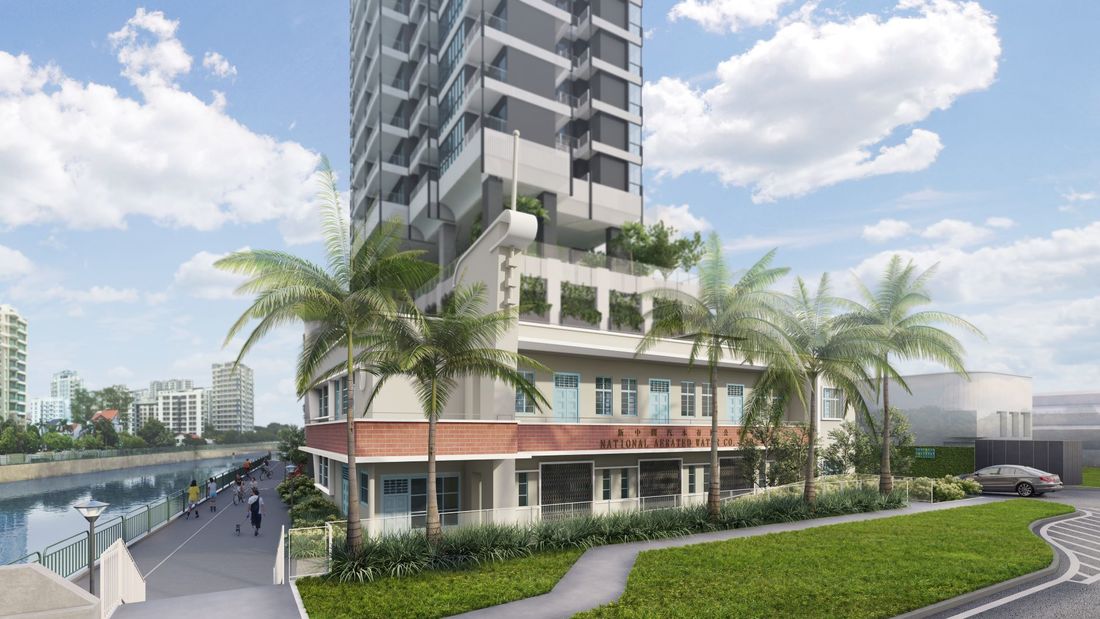
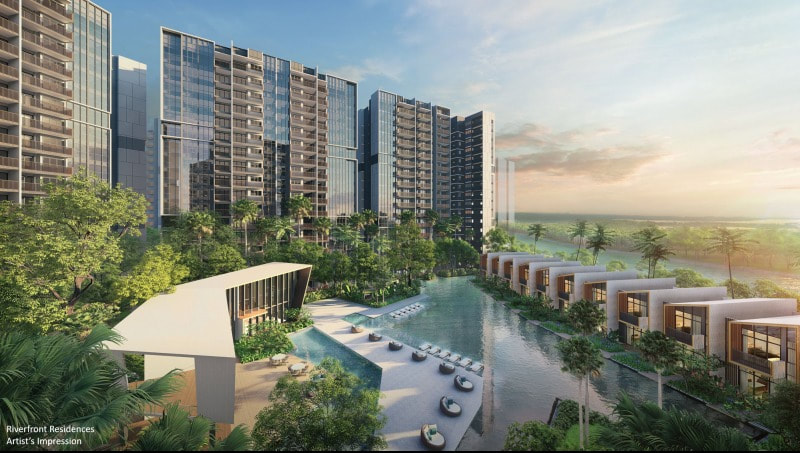
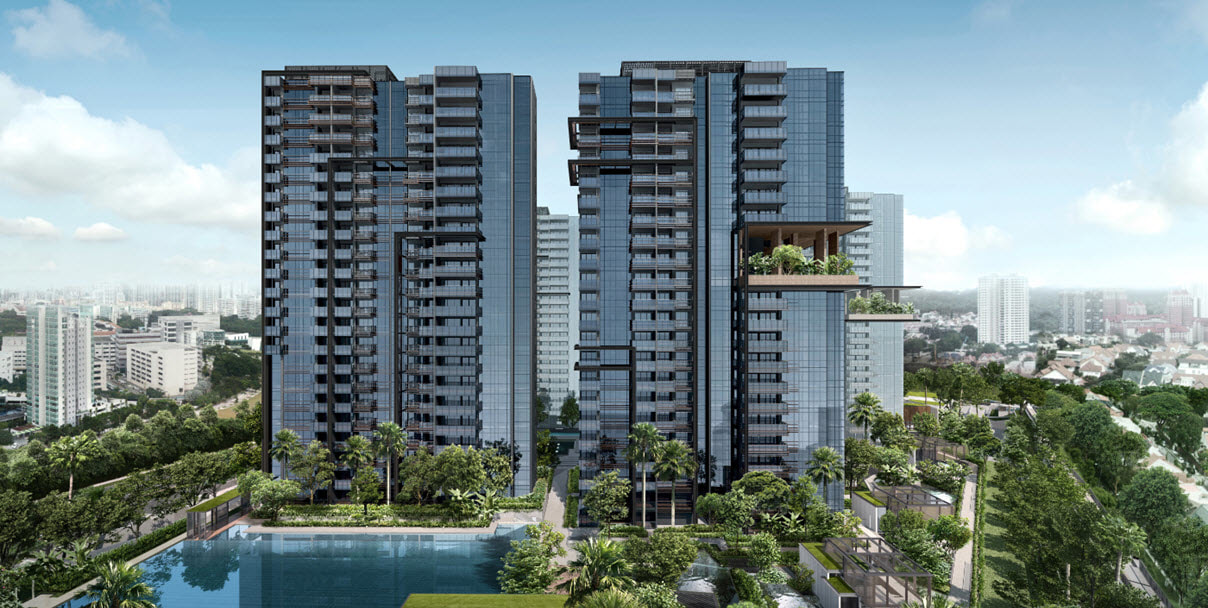


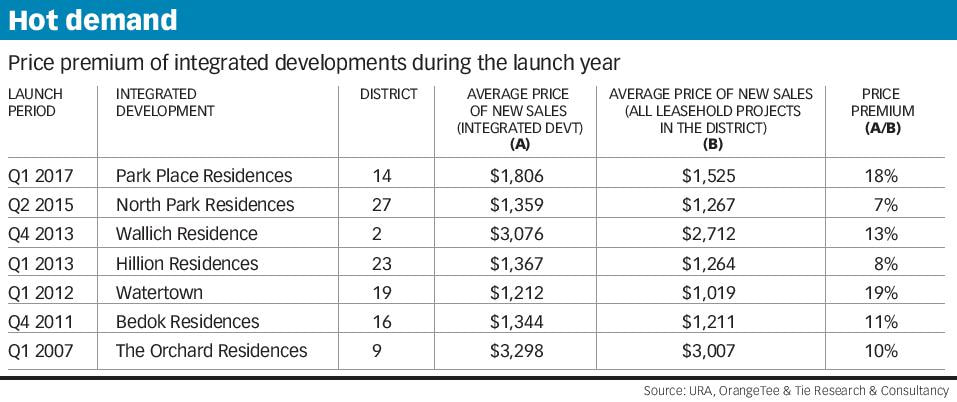
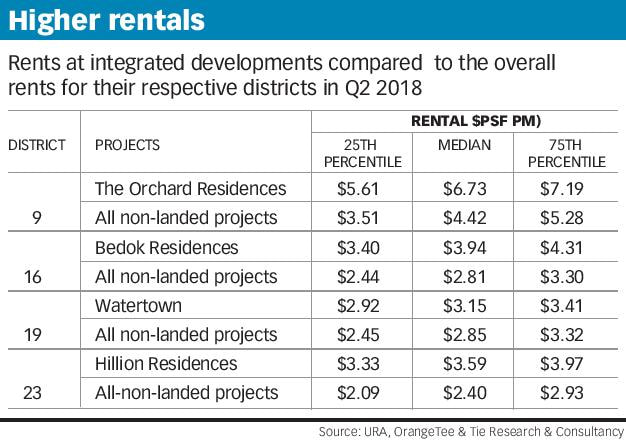
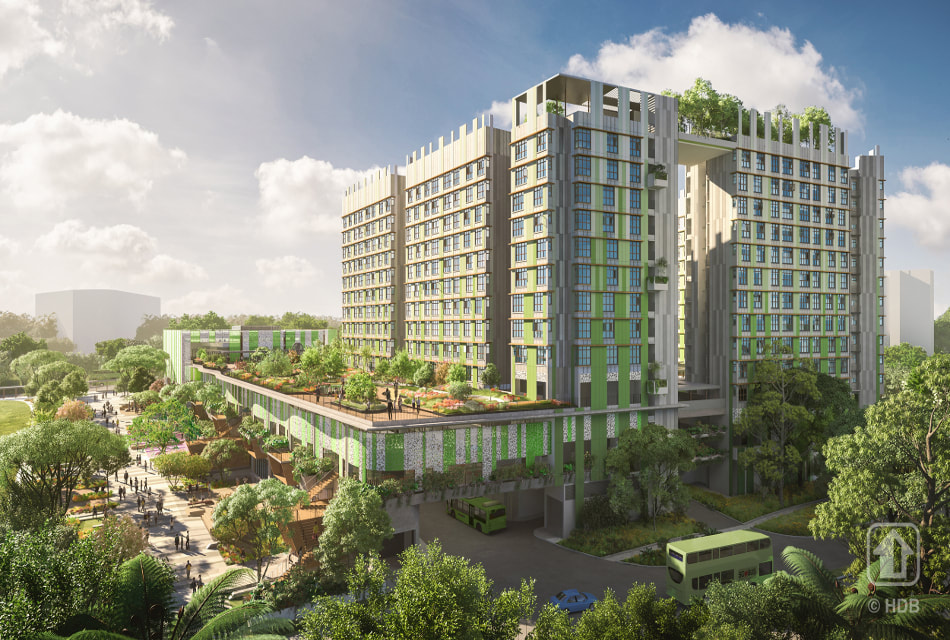
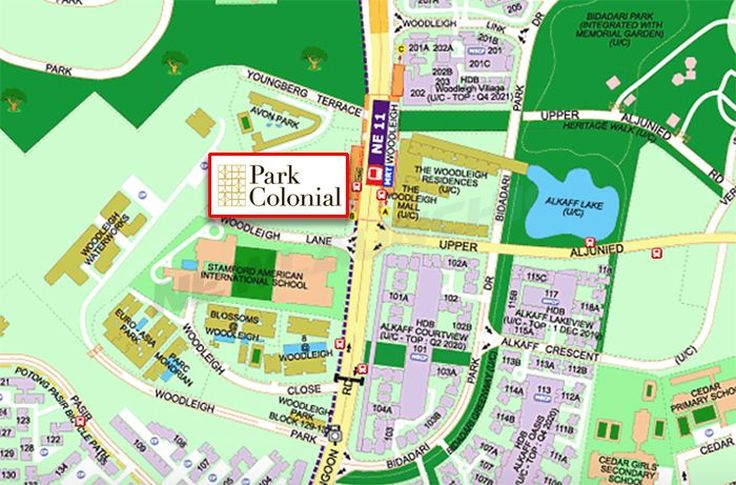



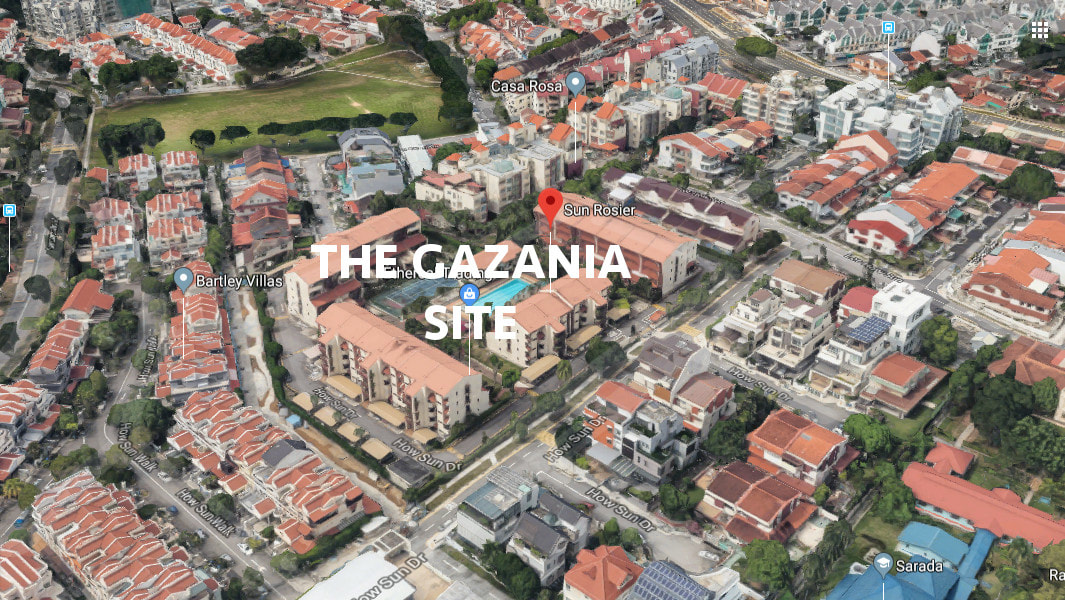
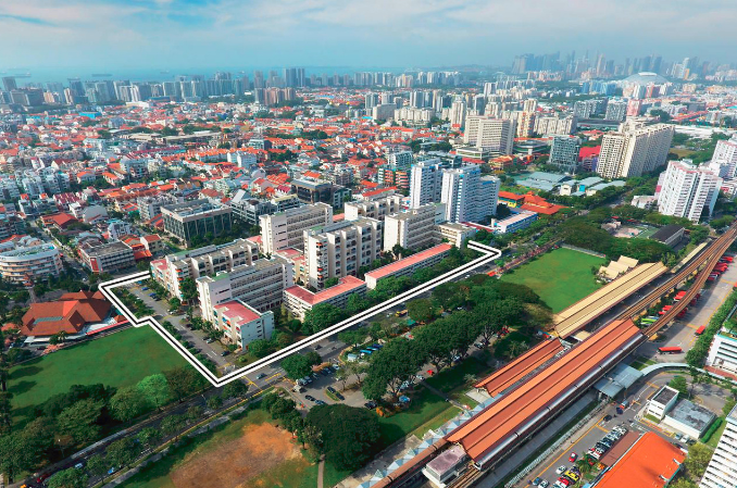


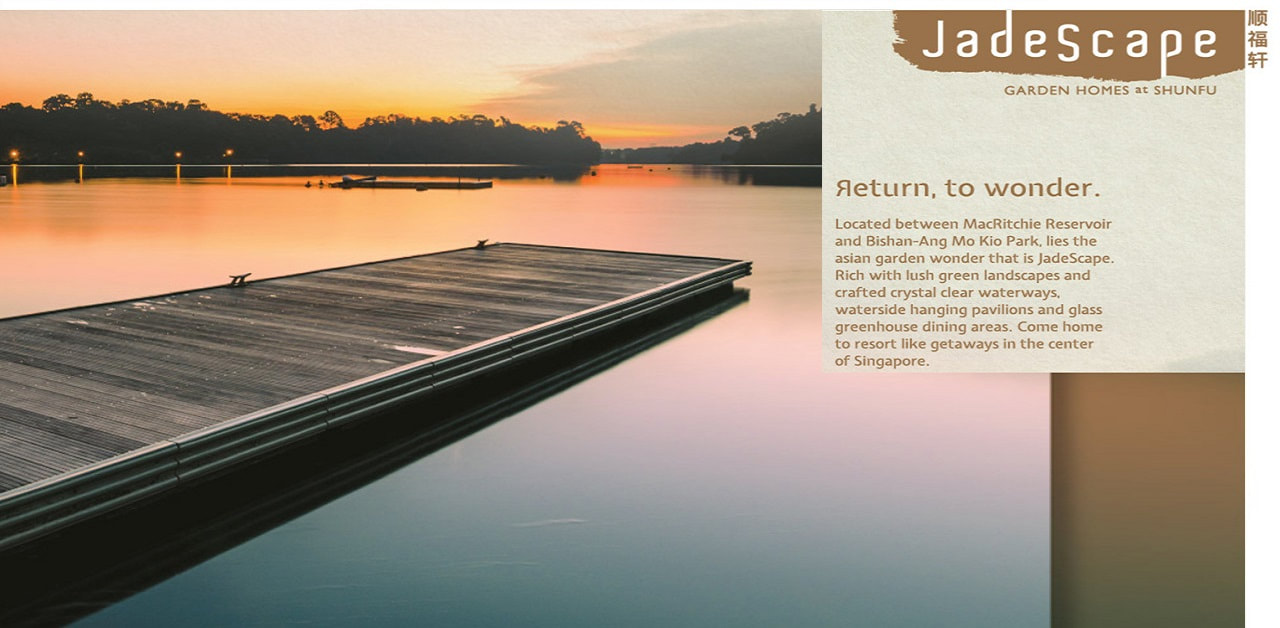
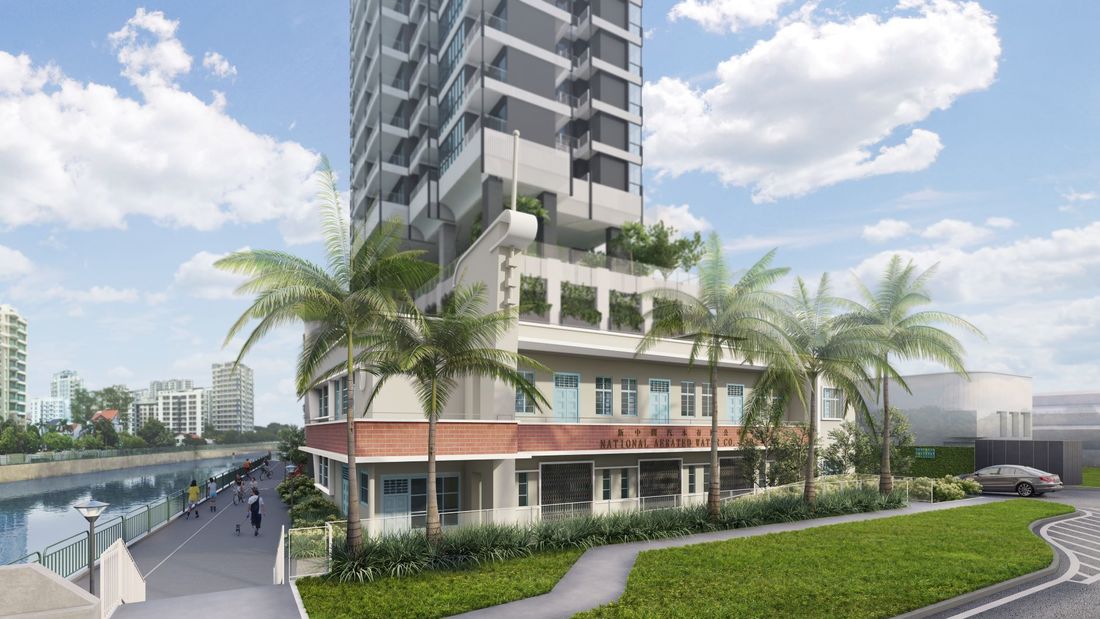


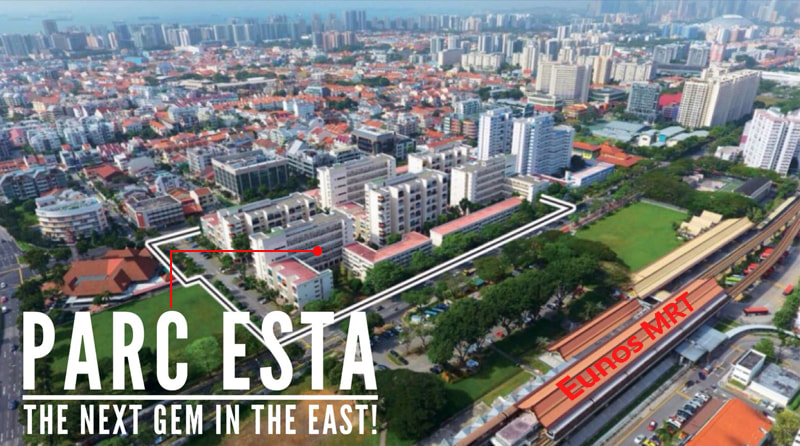
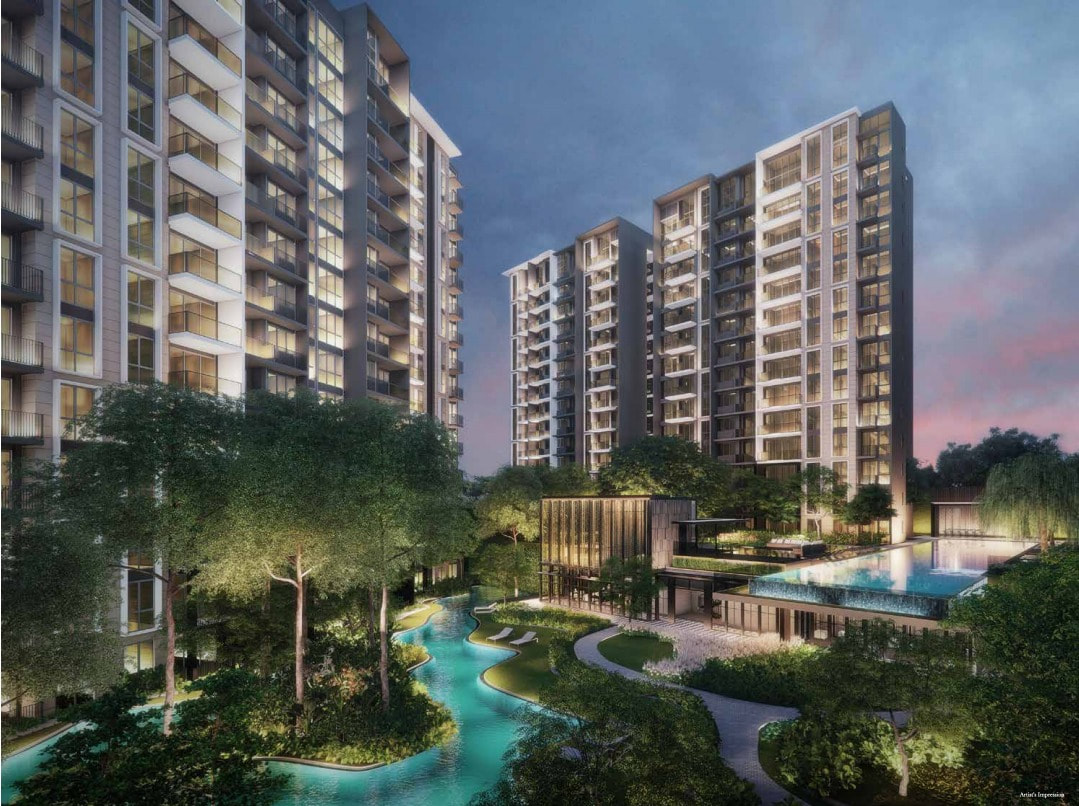
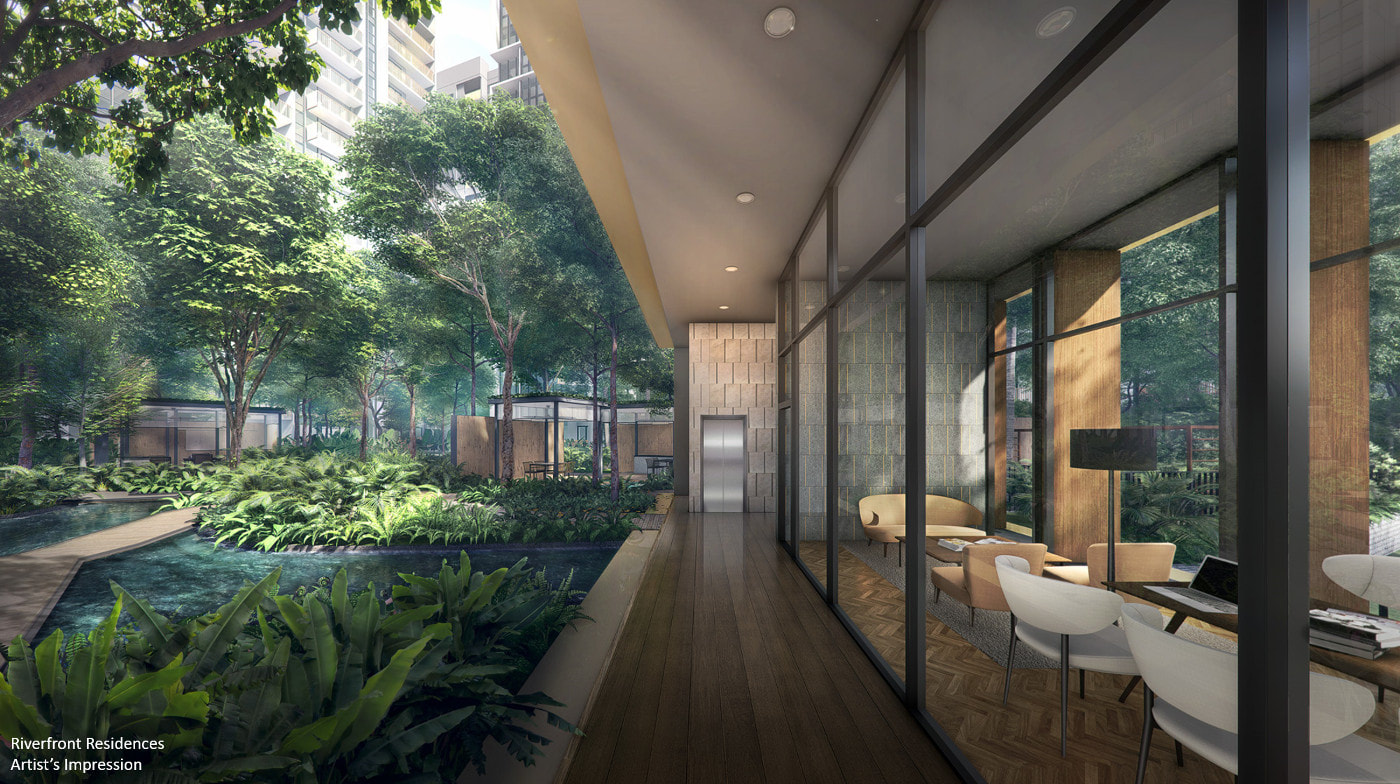
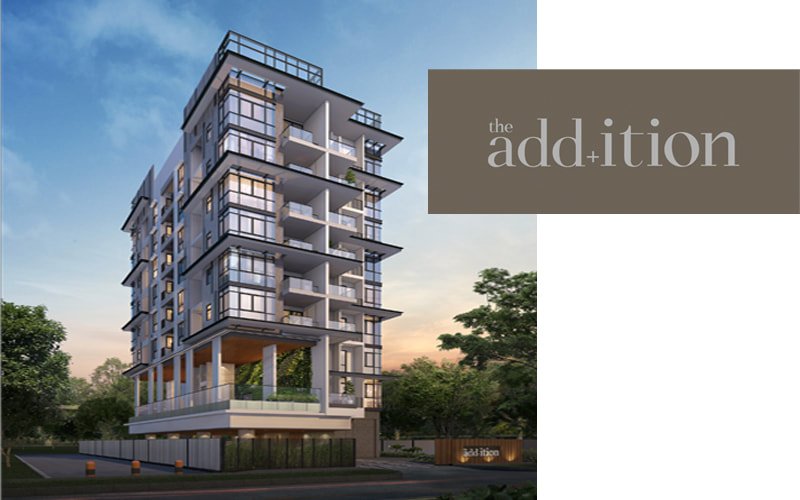
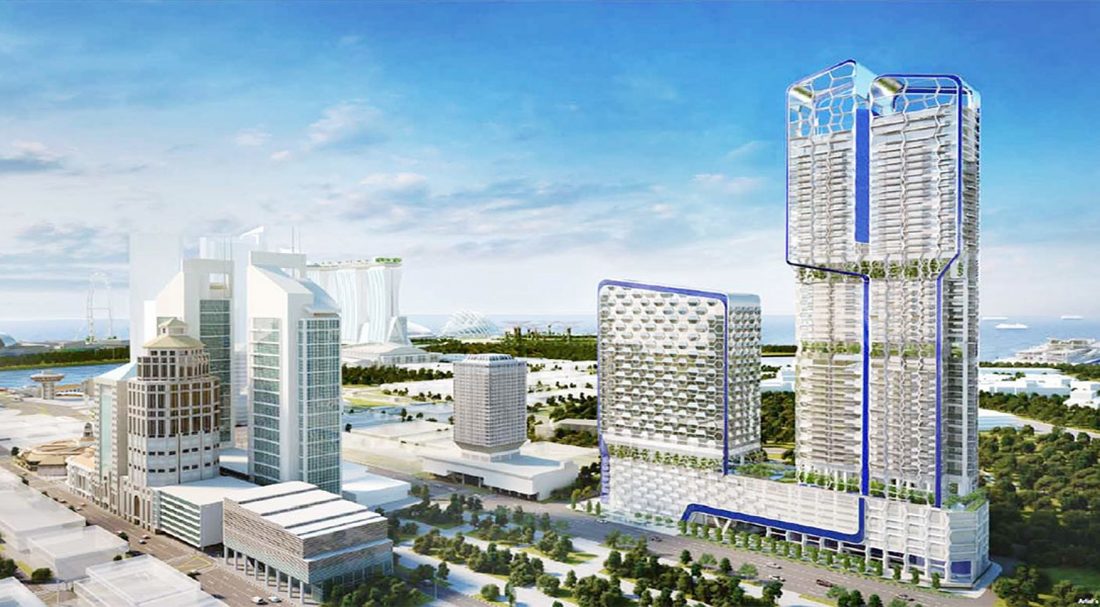
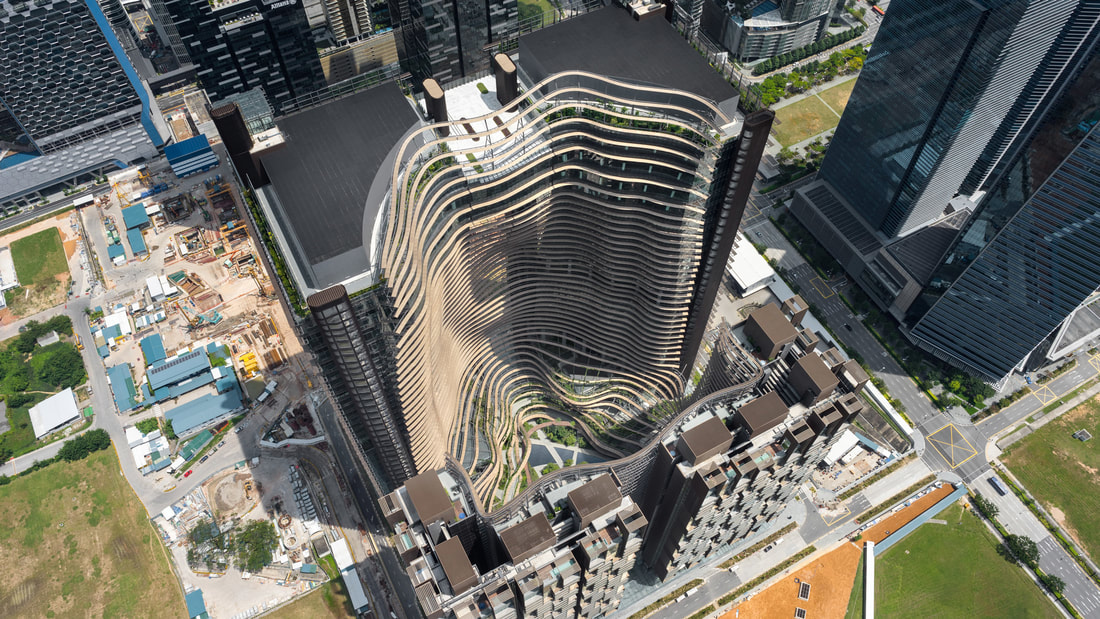
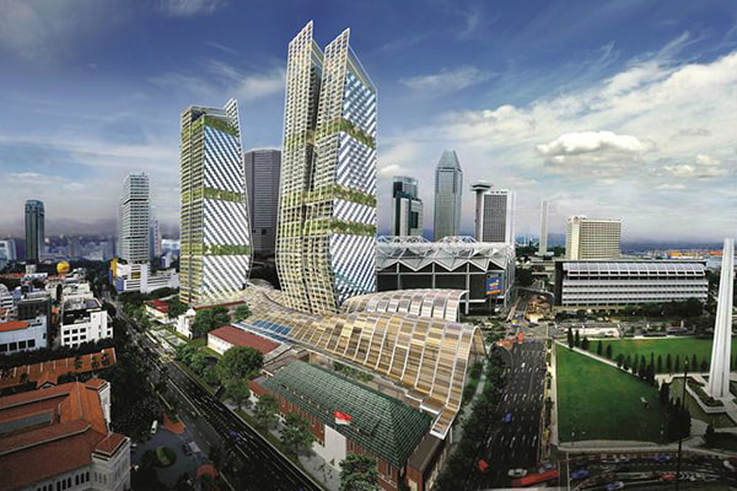
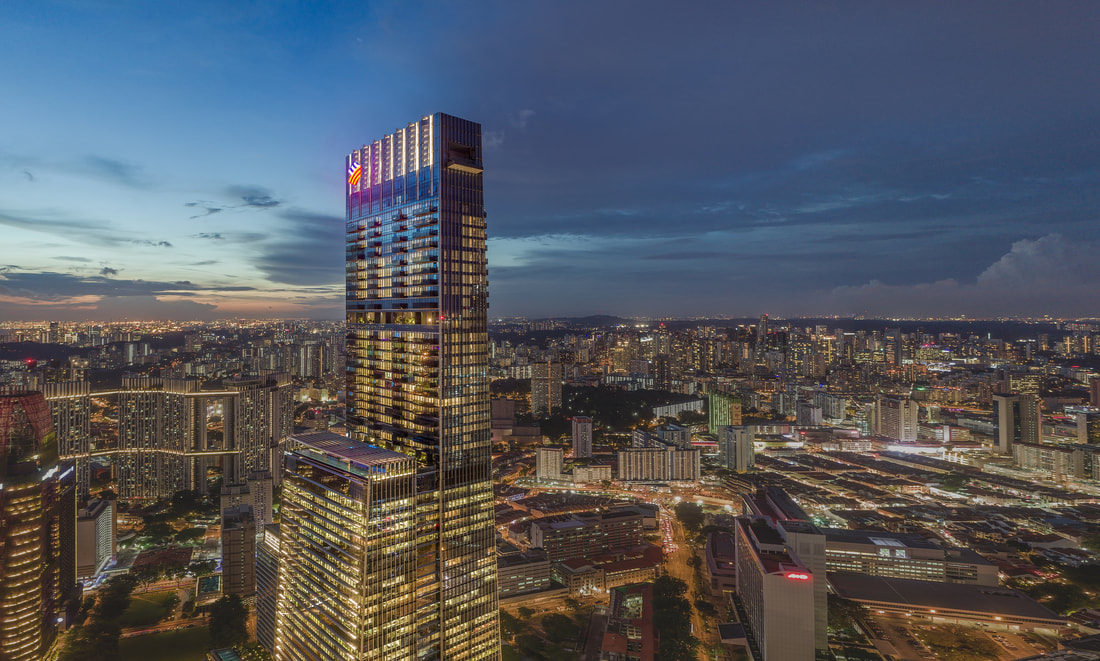

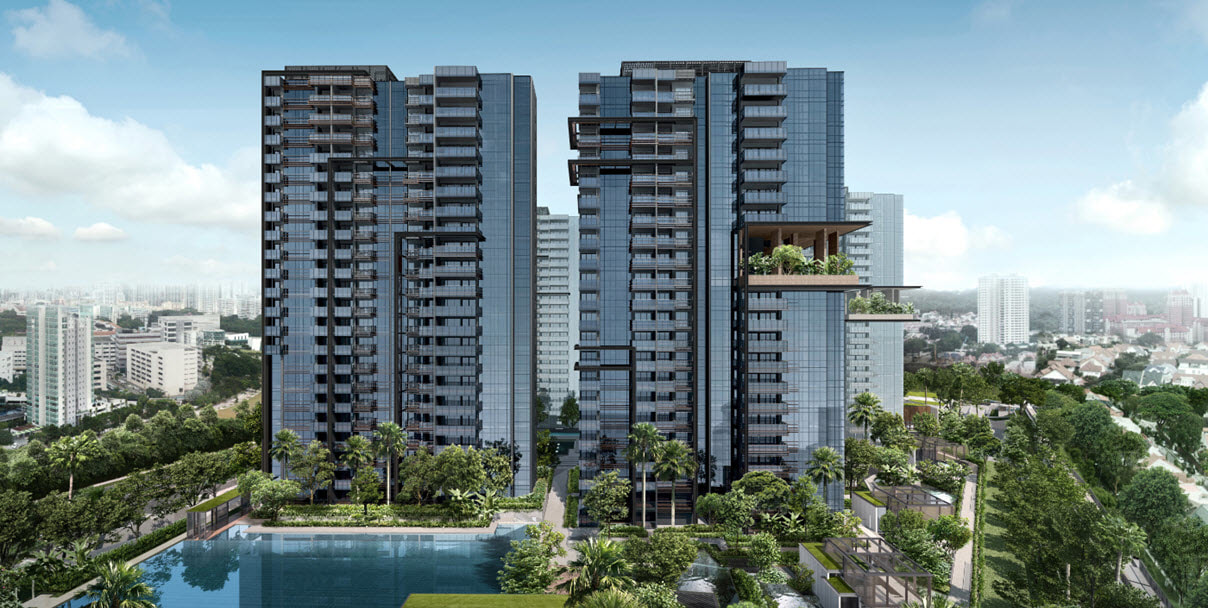



 RSS Feed
RSS Feed
